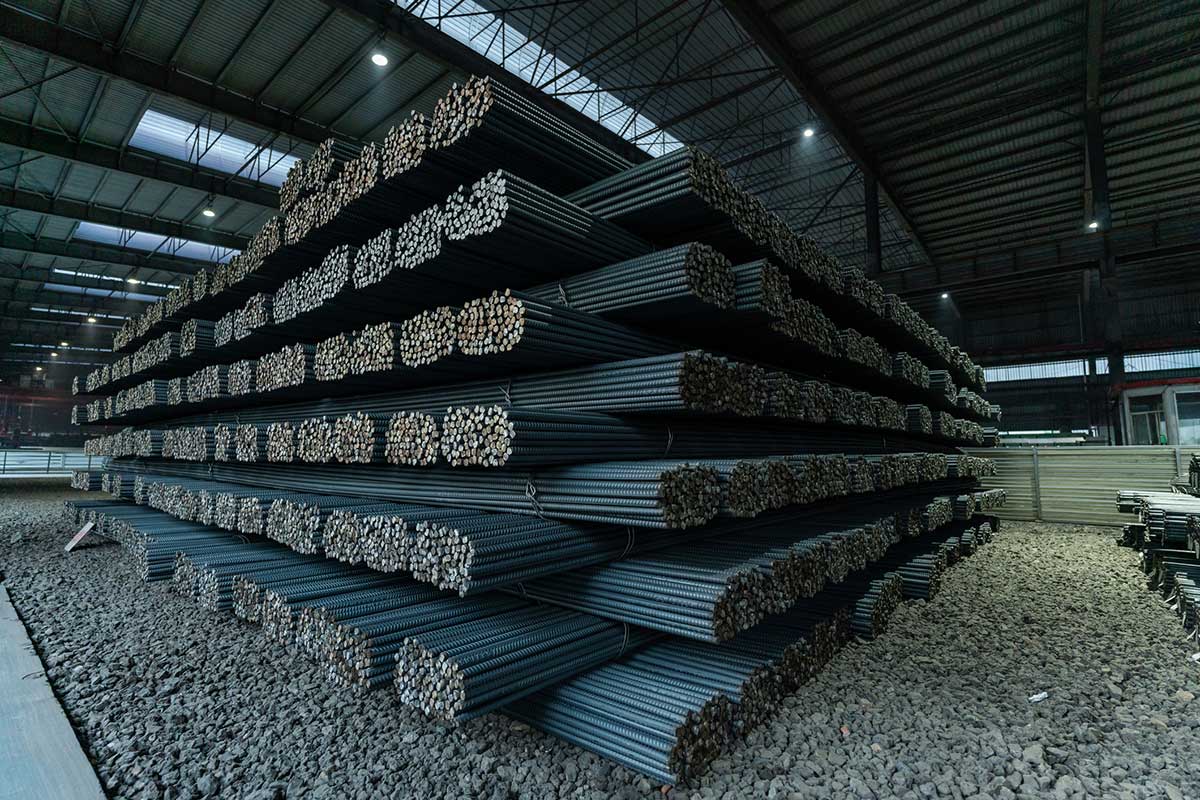4340 is a high-strength alloy steel known for its excellent mechanical properties and versatility. It falls under the nickel-chromium-molybdenum (Ni-Cr-Mo) steels and is widely used in applications requiring high tensile strength, toughness, and fatigue resistance.
Metallurgy plays a significant role in defining the properties of 4340 alloy steel. The alloy consists of iron as the base metal, with significant additions of nickel, chromium, and molybdenum. The specific composition typically includes approximately 0.40-0.60% carbon, 0.70-0.90% manganese, 0.20-0.35% silicon, 1.65-2.00% nickel, 0.70-0.90% chromium, 0.20-0.30% molybdenum, and trace amounts of other elements.
Adding nickel enhances the toughness and impact resistance of 4340 steel, making it suitable for applications subject to high stress and load conditions. Chromium contributes to the steel's hardenability, wear, and corrosion resistance. Molybdenum improves the steel's strength and high-temperature stability, allowing it to withstand elevated temperatures without significantly losing mechanical properties.
4340 alloy steel is typically heat-treated to achieve the desired mechanical properties. Heat treatment involves quenching and tempering to optimize strength, hardness, and toughness. The steel can be readily machined, but its high carbon content may result in some challenges during machining. Therefore, proper machining techniques and tools are essential for achieving precise and accurate results.
The versatility of 4340 alloy steel makes it suitable for various applications across different industries. It is commonly used in aerospace, automotive, oil and gas, and machinery manufacturing. Some typical applications include aircraft components, gears, shafts, crankshafts, connecting rods, and structural parts subjected to high stress and fatigue.


